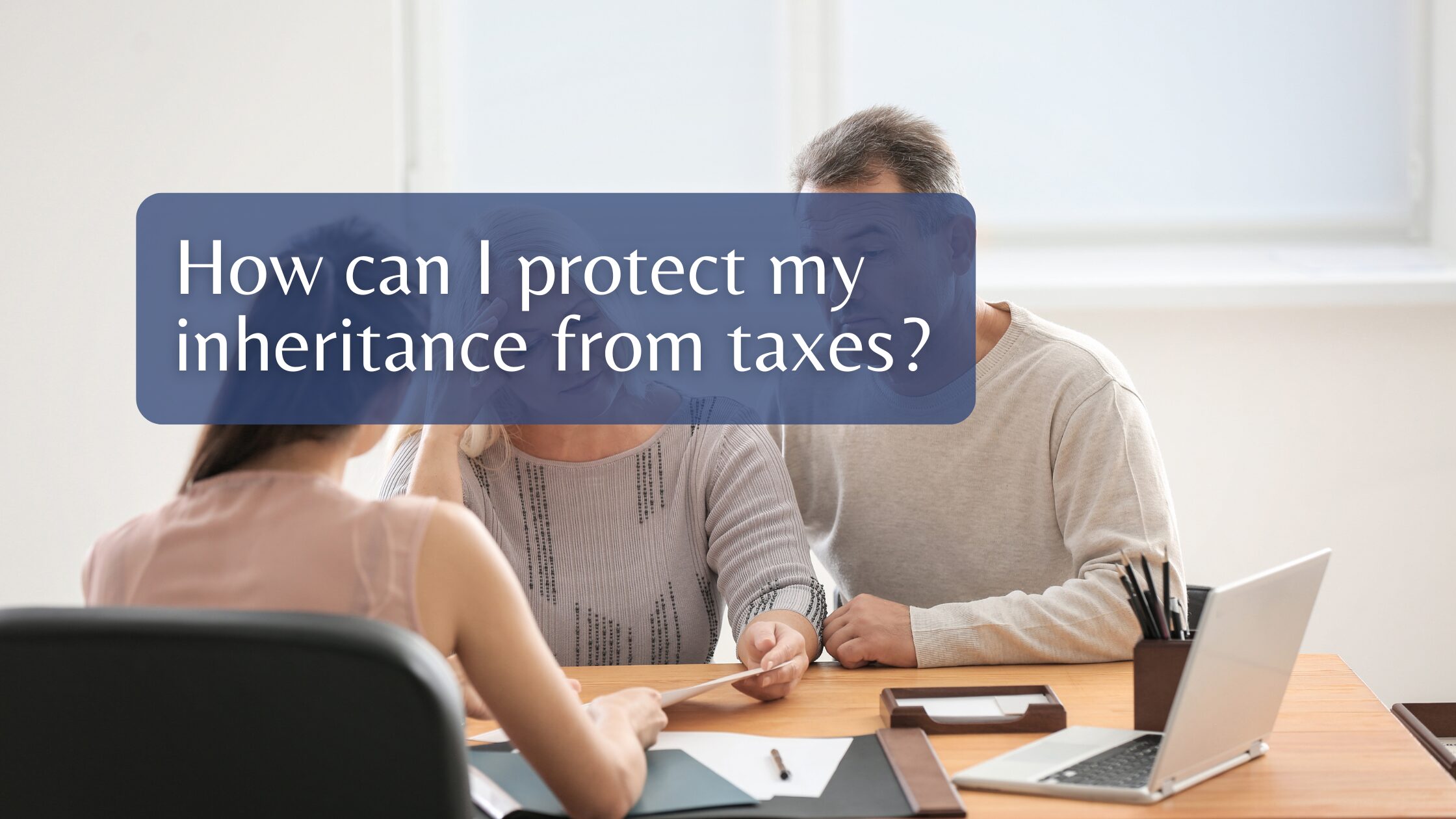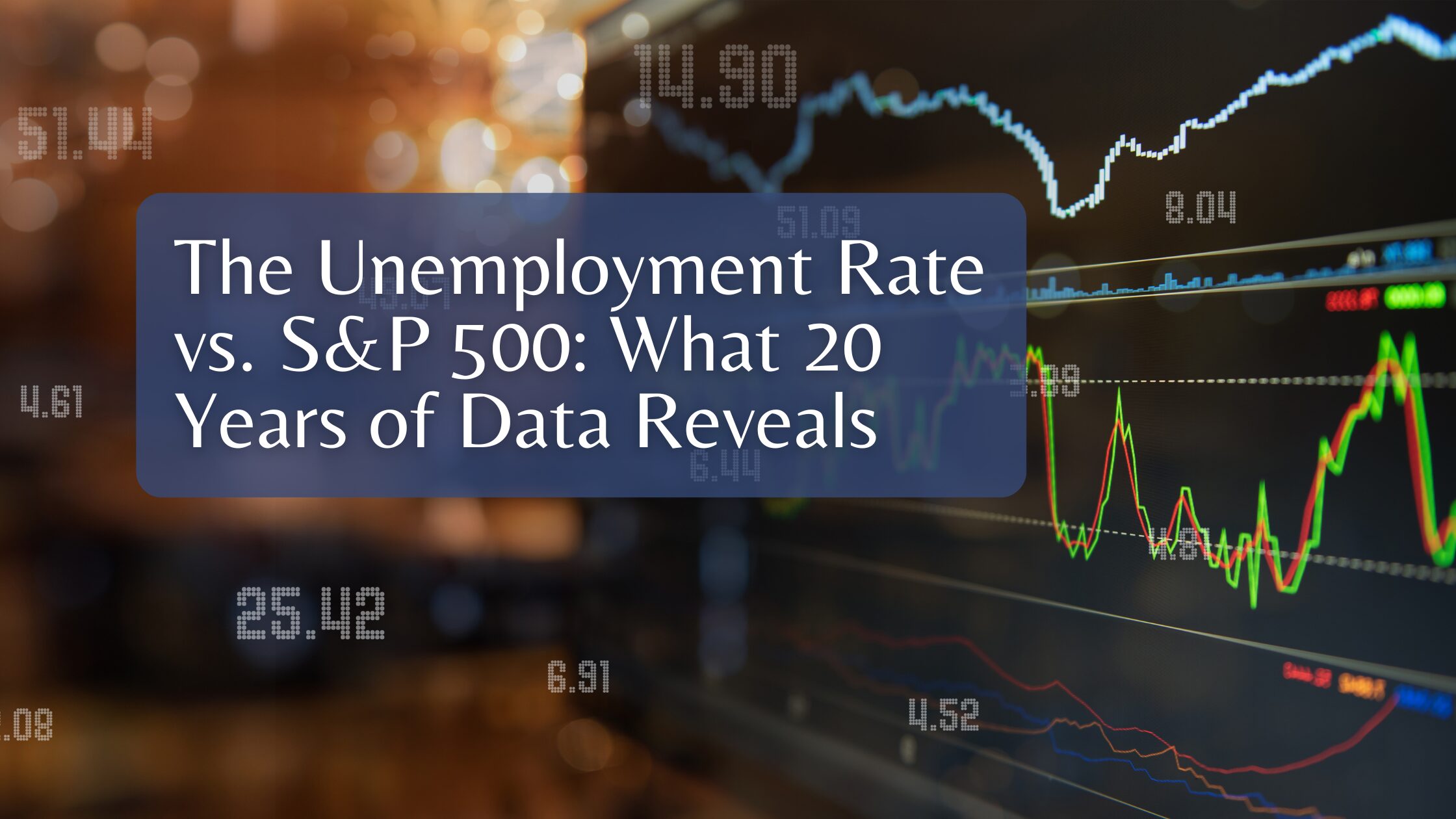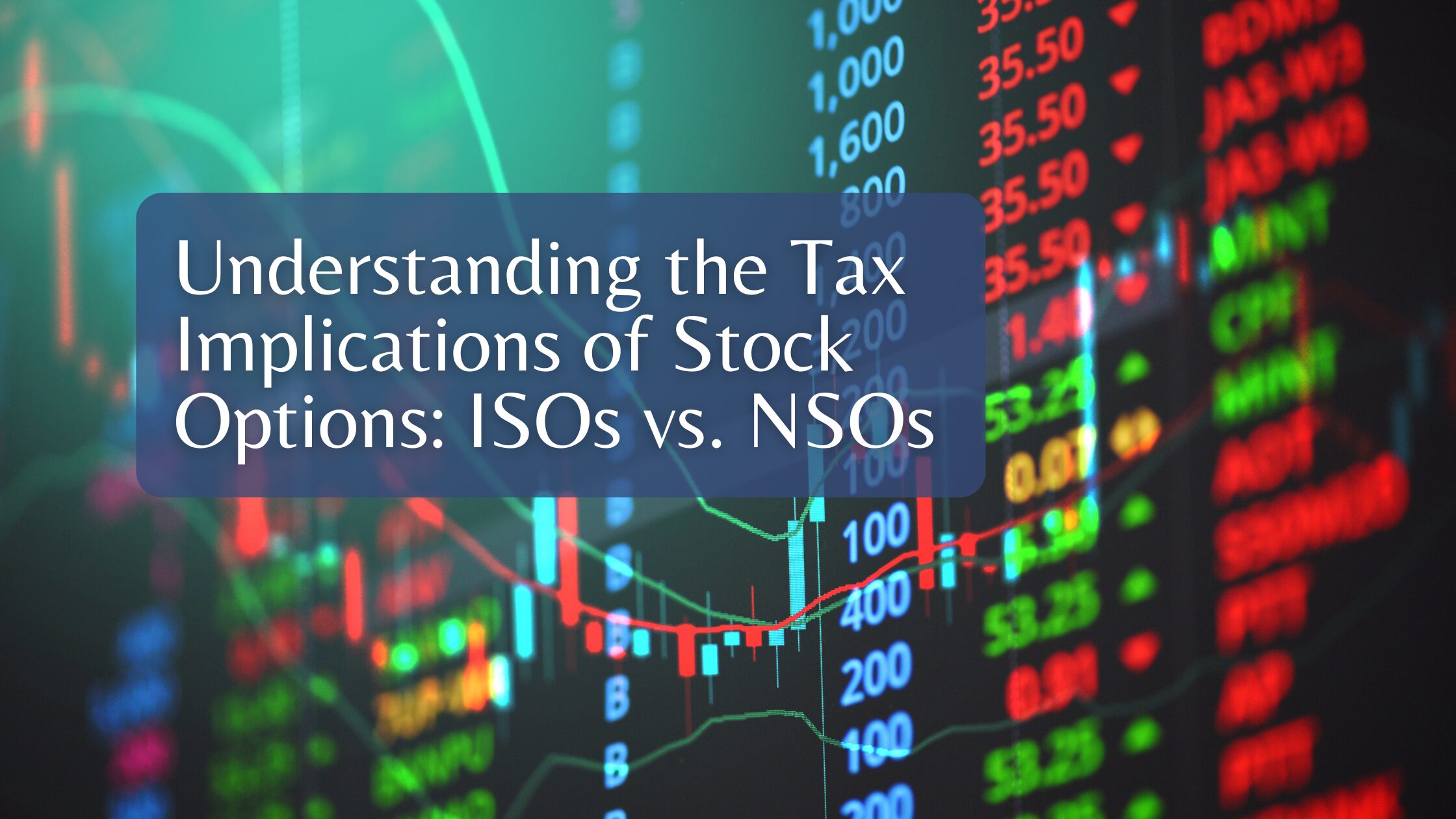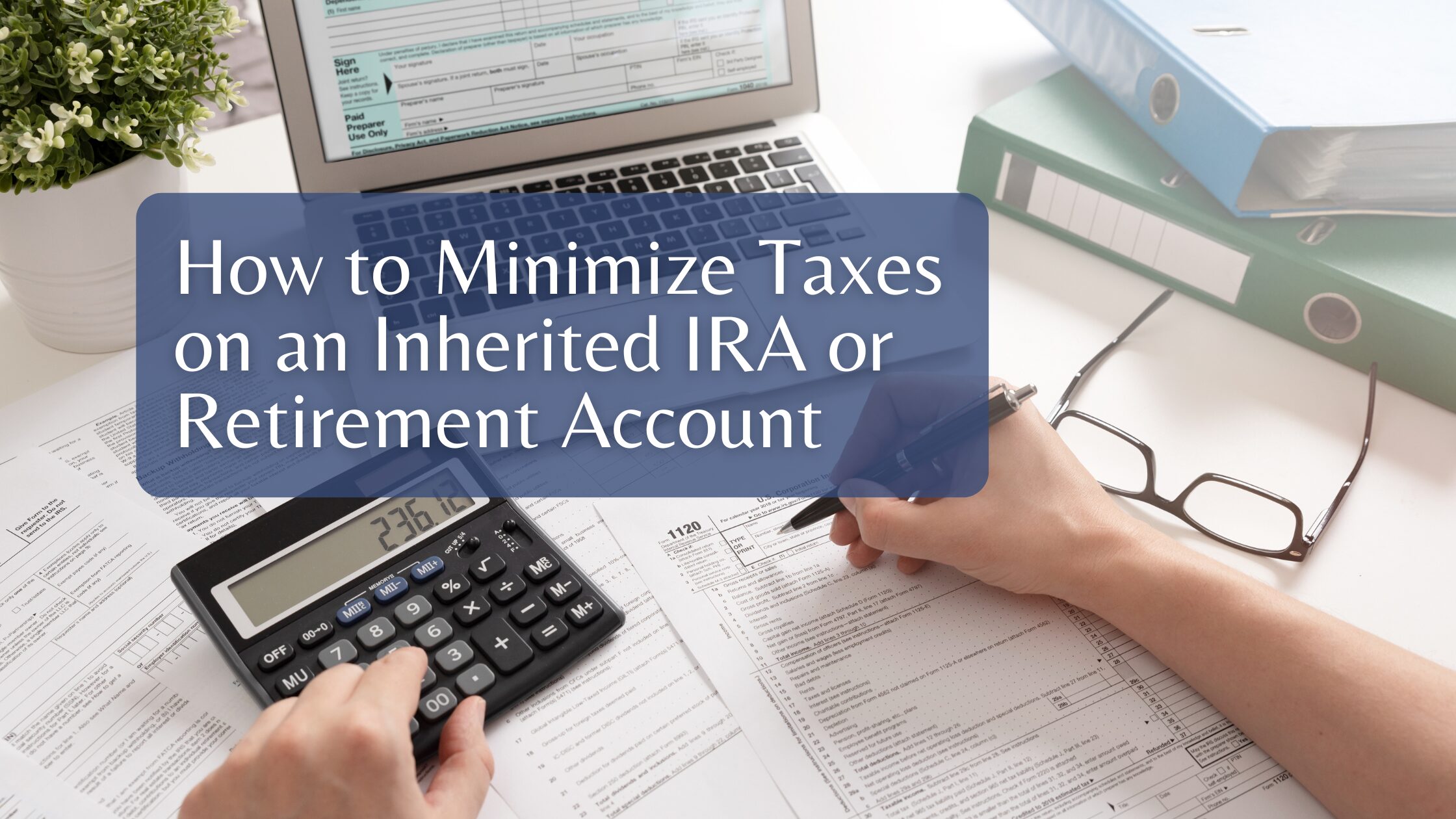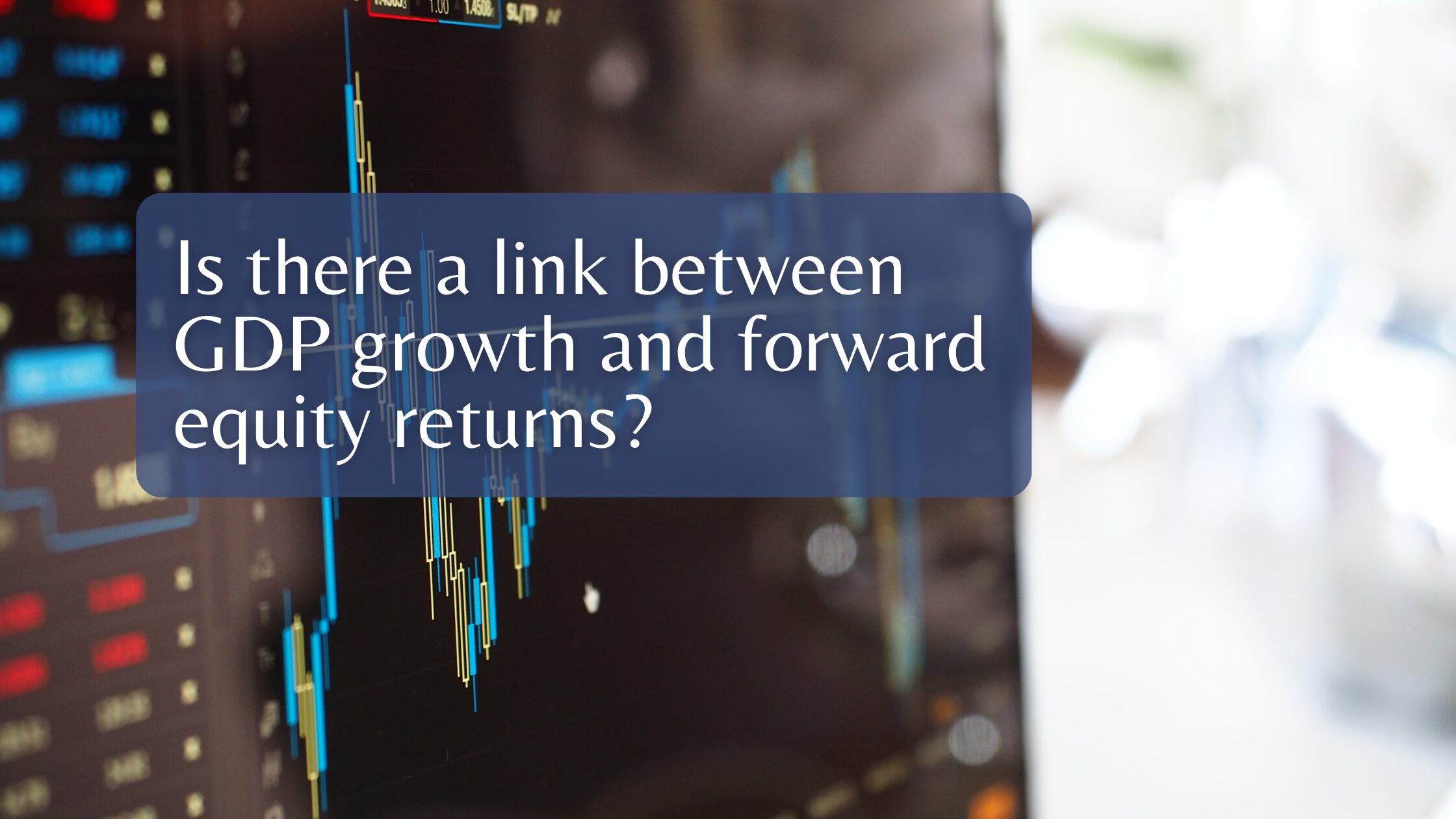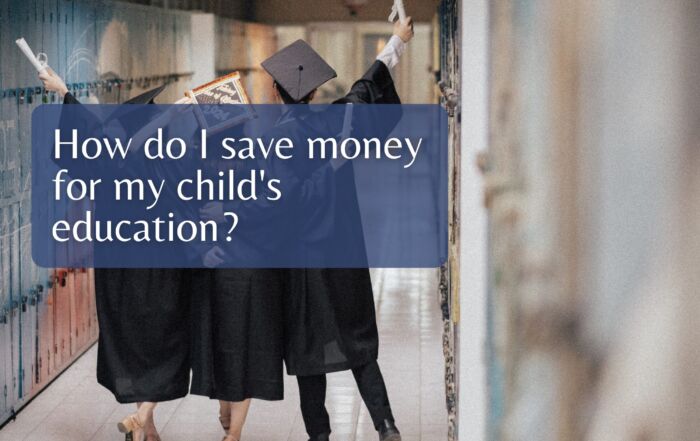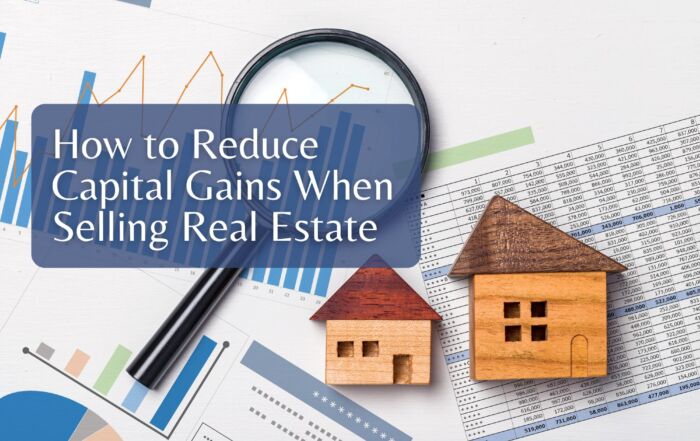The Wiser Wealth Blog
How can I protect my inheritance from taxes?
The first question I often hear when someone receives an inheritance is: How should I handle this, and how am I taxed? Receiving an inheritance can come with unexpected tax [...]
What to Do With an Unexpected Bonus or Windfall
Sudden wealth, whether it comes from an IPO, business sale, inheritance, legal settlement, or even a lottery win, can feel exhilarating. But without the right mindset, guidance, and strategy, a [...]
The Unemployment Rate vs. S&P 500: What 20 Years of Data Reveals
Jobs and the Stock Market: Is There a Link? When the economy booms or busts, we often see headlines about both the unemployment rate and the stock market. Intuitively, a [...]
Understanding the Tax Implications of Stock Options: ISOs vs. NSOs
One of the most confusing aspects of equity compensation is the tax treatment of stock options. Distinguishing between Incentive Stock Options (ISOs) and Non-Qualified Stock Options (NSOs) is essential, as [...]
The Future of Gold: Could Lab-Made Gold Send Prices Plummeting?
The Future of Gold Recently, headlines have circulated claiming that scientists at CERN, the European research center best known for its particle accelerator, have successfully transformed lead into gold. It [...]
How to Minimize Taxes on an Inherited IRA or Retirement Account
Inheriting a retirement account can be a financial blessing, but without careful planning, it can also come with a hefty tax bill. The tax rules vary depending on your relationship [...]
Is there a link between GDP growth and forward equity returns?
Why GDP Growth Expectations Matter GDP growth expectations are an important economic factor. The data is heavily scrutinized by economists and analysts alike, and this metric generally determines if a [...]
The Role of Umbrella Insurance for High-Net-Worth Individuals
Why Asset Protection Matters When it comes to protecting wealth, many high-net-worth individuals focus on investment strategies, estate planning, and tax efficiency. However, one critical aspect of risk management that [...]

